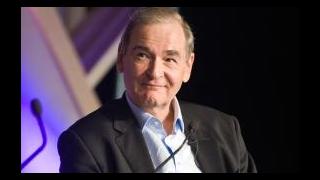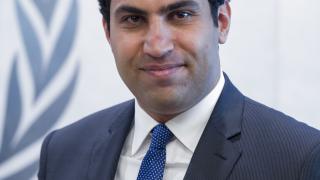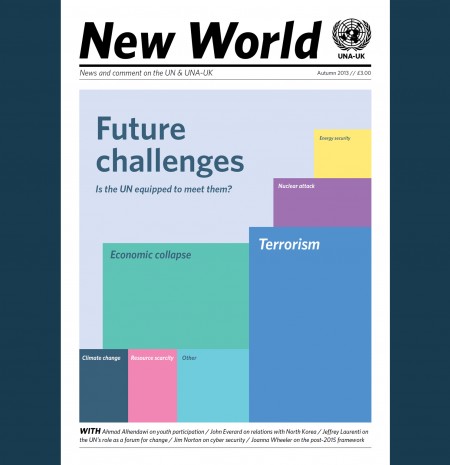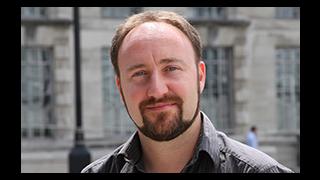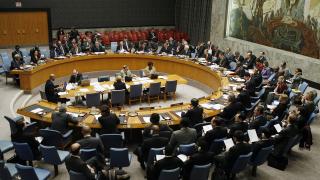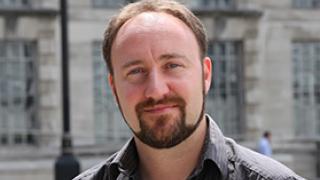
The notion of nuclear disarmament is as old as the United Nations. The General Assembly’s inaugural resolution – Resolution 1(I), adopted in London on 24 January 1946 – established the first UN mandate to pursue the elimination of nuclear weapons and all other weapons “adaptable to mass destruction”. This came some six months after the nuclear detonations over Hiroshima and Nagasaki, and a nuclear weapon has not been detonated in anger since.
Some have claimed that this demonstrates the security of nuclear weapons and the stability they provide the world with – that they’re too deadly to use. Others have stated that it is just dumb luck that such weapons have not been utilised, and we will never be safe until the last one is dismantled and put beyond use.
But these are tough things to get rid of. In 1955, UN Secretary-General Dag Hammarskjöld referred to nuclear disarmament as a “hardy perennial” of the UN. Hammarskjöld believed that to garner the political will for nuclear disarmament, two conditions must be met: the development of a shared belief in the principle of disarmament, and the shared perception that disarmament is in each states’ self-interest.
Many leaders say the right things – like Barack Obama’s speech in Prague in 2009 – that nuclear weapon states should move to abolish these devices. Words can be mighty, but inaction can deaden their resolve.
Admittedly, today’s global stockpiles of nuclear weapons are less than one-third of what they were in the mid-1980s, and 95 per cent of these are American or Russian. Their continued existence not only perpetuates old Cold War challenges, but does little to discourage others from seeking to attain them. Challenges of disarmament and proliferation thus continue to dog the world, and the UK has not been insulated from this.
In a 2009 report, the Foreign & Commonwealth Office set out how the UK would move to create the conditions for abolishing nuclear weapons, barely three years after Prime Minister Tony Blair confirmed the renewal of an independent nuclear deterrent.
Few, of course, would expect any nuclear weapon state to disarm unilaterally, and the UK, like others, would iterate its obligations under Article VI of the 1968 Non-Proliferation Treaty, to “complete disarmament under strict and effective international control”. However, the incremental approach does not remove the obligation to move somewhere incrementally. With early promise of the US Senate ratification of the Comprehensive Test-Ban Treaty having evaporated, with Iran still obfuscating international inspectors, with the Conference on Disarmament still deadlocked, hopes of reaching zero nuclear weapons within even two or three generations seems slight at best.
It is for that reason that people in all nuclear weapon states must be engaged and encouraged to voice their opinion on nuclear disarmament. In late 2012, UNA-UK commissioned pollsters Ipsos MORI to conduct a survey of 1,053 adults on their perceptions of international security. A portion of the survey was given over to assessing attitudes towards nuclear weapons, and key findings included:
- 47 per cent of respondents believe nuclear weapons should never be used by UK
- Only eight per cent see a nuclear attack by another country as the greatest threat to the UK’s national security
- 75 per cent of adults think the UK should either disarm immediately or over a period of time
One of the most startling statistics was this: two-thirds of the UK public stated that no countries should be allowed to keep nuclear weapons under international law. UNA-UK encourages nuclear weapon states to remember that these devices are not merely a political weapon; not only have they the capacity to destroy and kill in ways beyond our imagination; but a single nuclear detonation, by accident or by will, is very likely to agitate this multipolar world and make us less, not more secure.
It is time surely to move seriously towards nuclear disarmament and mark the words of John F. Kennedy: “the weapons of war must be abolished before they abolish us”.
James Kearney is Peace and Security Programmes Manager at United Nations Association – UK.

